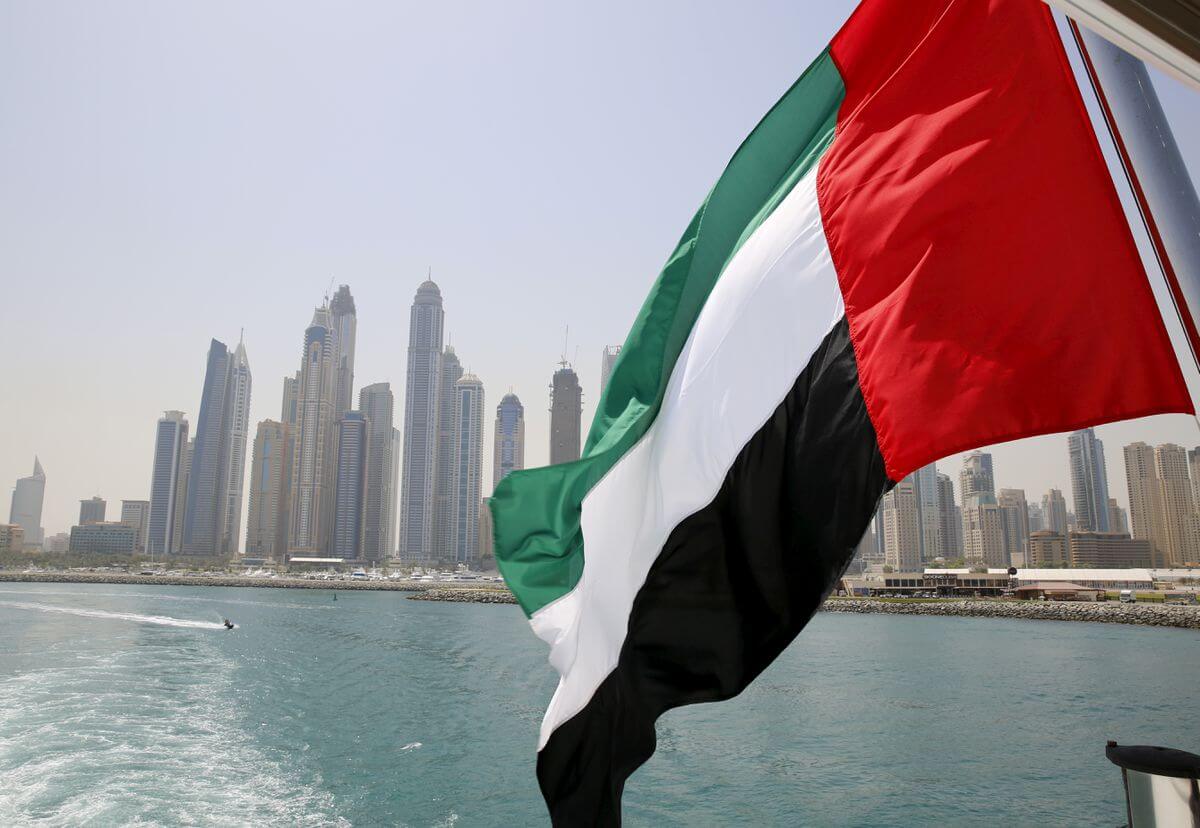The United Arab Emirates (UAE) has been added to the Financial Action Task Force’s (FATF) ‘Grey List’ of countries over concerns that Abu Dhabi is not doing enough to stop money laundering activities by criminals.
On Friday, following its plenary meeting in Paris, the FATF said that adding the UAE to the ‘Grey List’ would allow the organisation to better monitor illegal financial activities in the Gulf country. The FATF also added that Abu Dhabi would remain on the list until it can prove that verifiable measures have been taken against financial crime.
The United Arab Emirates has entered the FATF’s Jurisdictions under Increased Monitoring list, often referred to as the 'grey list', following the conclusion of the FATF Plenary. See the full update here➡️https://t.co/cuEK8iKyJY #FollowTheMoney pic.twitter.com/u6gVWHUKJo
— FATF (@FATFNews) March 4, 2022
The Paris-based FATF noted that the UAE should develop an “action plan expeditiously” to address “strategic deficiencies” in dealing with financial crimes. The organisation added that the UAE must demonstrate a “sustained increase” in investigations and prosecutions against money laundering cases.
Emirati officials reiterated the country’s commitment to combat money laundering and vowed to take additional steps. A statement released by the UAE’s Foreign Ministry said that “combating financial crime […] remains a strategic priority for the UAE.”
Deputy Prime Minister Sheikh Saif bin Zaid Al Nahyan stressed that the UAE will “continue to investigate and apprehend complex criminal networks and their assets in close coordination with our domestic and international partners.”
Moreover, Foreign Minister Sheikh Abdullah bin Zayed Al Nahyan said on Saturday that the UAE will “accelerate the pace” of its national plan to combat money laundering and vowed to work closely with the FATF. He added that Abu Dhabi regards activities like money laundering and terrorist financing with “utmost seriousness” and will continue to make efforts in this regard.
Last year, UAE’s cabinet approved the establishment of the ‘Executive Office of the Anti-Money Laundering and Countering the Financing of Terrorism,’ which is “designed to strengthen the UAE’s anti-financial crime system.”
According to reports, war profiteers, terrorism financiers, and drug traffickers who have been sanctioned by the United States (US) use the UAE as a safe haven to hide their assets. Furthermore, the US has stated that the UAE is a “transhipment point for illegal narcotics” and “lacks specialised expertise and sufficient staff” to tackle financial crimes.
Following Friday’s meeting, the FATF also retained Pakistan on the ‘Grey List’ over Islamabad’s failure to take sufficient measures to tackle terrorist financing activities. The organisation urged Pakistan to demonstrate that terrorism financing investigations and prosecutions actually “target senior leaders and commanders of UN-designated terrorist groups.” Pakistan has been on the list since 2018.
According to the FATF, when a country is placed on the grey list, “it means the country has committed to resolving swiftly the identified strategic deficiencies within agreed timeframes and is subject to increased monitoring.” Being put on the list can scare away investors and creditors, hurt exports, and make global banks cautious of doing business with the country.
The FATF was founded in 1989 as part of a G7 initiative to combat money laundering and later included terrorism financing within its ambit. It has listed 23 countries in its grey list, including Turkey, Jordan, and Pakistan. Additionally, the FATF maintains a blacklist of “high-risk jurisdictions” and non-cooperative countries. Currently, only Iran and North Korea are blacklisted

